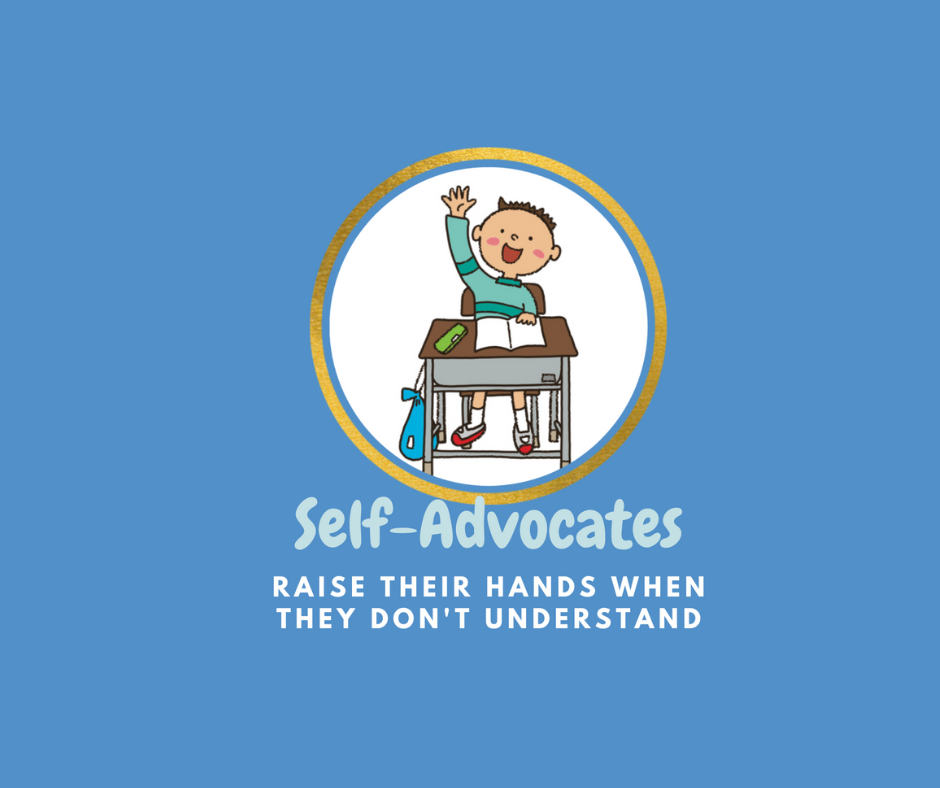I was asked the following question: “What are the best practices to help children overcome obstacles and challenges they face in their educational journey, and how can we create a more inclusive education system for all children, regardless of their social background?” by Qusmano Kind
I have an easy answer. We need to place more value on students’ questions.
Their questions are a teacher’s guide to meeting each student’s unique needs.
Teaching a classroom of students is like working with 30 different cars that do not come with owners manuals. Teachers are not mindreader and do not know what each student needs. In many cases, teachers are doing guesswork everyday. There is a solutions. Teachers and parents need to encourage children to ask questions no matter what is unclear and no matter if they have an IQ of over 125 or under 100.
So getting their unique needs met in the classroom depends on students asking questions for clarification.
I taught in the classroom for 50 years and spent the last 25 in teaching third grade. I used the same worksheets every year, but I heard different questions about them each year. I began writing down the questions for one worksheet, and each year I would get at least one or two questions that were different than anything I had ever been asked in the past.
Points to Consider
- Each student in each class comes into the new school year with different background of knowledge.
- Teachers in prior years don’t always cover the material they may have covered in the past.
- Students coming from different schools may be lacking the prior knowledge of the students who have been in the same school for years.
- Every student puts information together in their unique ways depending on their background experiences.
- Everyone has some form a learning disability, so teaching them how to ask questions in a way that supports their weaknesses will guarantee they don’t get left behind,
- Students don’t want to know what they already know and will tune teachers out if instruction begins with their prior knowledge. Asking them to look at the assignments before instruction is provided and having them ask questions about what they don’t understand will allow the teacher to have full engagement. Students asking questions will listen and be fully engaged because they seek answers.
- Students don’t understand the value of classmates questions. Teachers need to point out that listening to others’ questions will help them validate if they are correct. Peers might ask questions they never thought about.
- Teachers don’t like it when students ask the same questions that have already been asked, so they need to allow for students to gather their questions first and then ask students to listen to classmates questions and think of how they would answer them to get clarification if their thinking is off,
- Teachers are not mindreader. They don’t know what their students don’t know, especially if students are getting help a home. Then the parent is the one who knows what the students doesn’t know. Teachers need to help. parents coach their children to return to school with questions for the teacher about what was unclear.
- Students don’t understand how their brains process information, so they don’t know how to maximize their use of their time and how to retain more information. They benefit from learning my Secrets About the Brain Every Student Should Know.
- Students don’t know how to manage time and need to be taught a simple system of time management for nightly and long term projects. My book Time Management the Cure for Procrastination will help them think about time differently and learn simple strategies for managing all time needs.
- Students aren’t all organized and need a simple system for paper management of their nightly, weekly, and long-term projects.
- Students don’t understand how technology, social media, and video games impact their brains and their thinking. My book Digital Dangers will introduce them to things to consider when on devices.
- If a student is helped at home with every assignment, they begin to feel like they are not in control. When students feel they have no control, they fail to see opportunities for relief. We need to teach children how to manage their homework independently and help them work through challenges on their own. They need opportunities to make mistakes, prescribe a change to avoid the mistake in the future, and then try something different if that didn’t work. As the fail, they are learning what they didn’t know, and they are to continue trying until they find something that works for them. It may not be what was a solution for the teacher or parents. It may not be the solutions for their peers, either., If given time for trial and error and if mistakes are viewed as opportunities to learn from each other, students will thrive and gain confidence to tackle life’s challenges.. They begin to feel empowered. Learning this at a young age will set them up for success in the future. My books Homework Solutions for Weary Students and Their Parents, Homework Solutions: A Parents” Guide, The Missing Link Between Home and School, and Homework Solutions: A Teachers’ Guide, The Missing Link Between Home and School offer support for initiating an approach to children’s learning that is time tested and proven successful.
